Your Guide to the Best Stem Cell Therapy Clinics in India
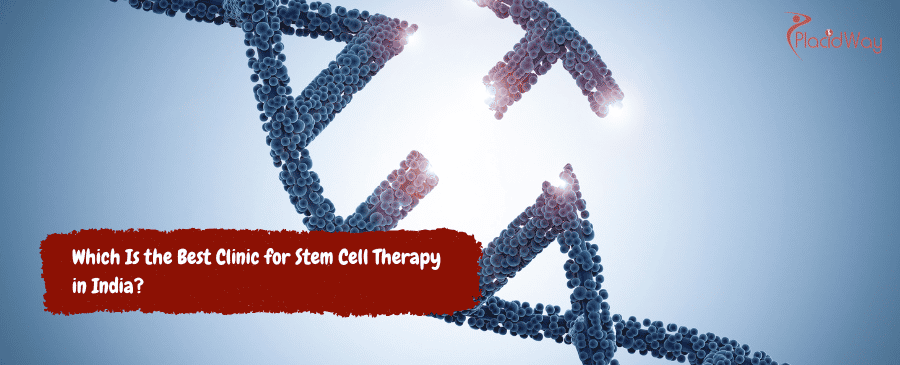
Stem cell therapy has emerged as a promising frontier in modern medicine, offering potential solutions for a wide range of conditions, from neurological disorders to orthopedic injuries. India has become a popular destination for those seeking these innovative treatments, thanks to its burgeoning medical tourism sector, skilled medical professionals, and comparatively affordable costs. However, with numerous clinics offering stem cell therapies, identifying the "best" can be a complex task. This blog post aims to clarify this by answering common questions and guiding you toward making an informed decision.
Which is the Best Clinic for Stem Cell Therapy in India?
"Determining the 'best' clinic for stem cell therapy in India largely depends on the specific medical condition being treated, as different clinics may specialize in particular areas; however, reputable institutions like GIOSTAR Hospital, Dr. Pravin Patel's Innovative Hospital, and StemRx Hospital & Research Centre are consistently recognized for their advanced facilities, experienced specialists, and comprehensive care in stem cell treatments."
Choosing the best clinic isn't a one-size-fits-all answer. What might be best for a patient with a spinal cord injury could be different for someone seeking treatment for a degenerative joint condition. India boasts several world-class hospitals and specialized centers that have established reputations for their expertise in stem cell therapy. These institutions often have dedicated departments, state-of-the-art infrastructure, and a multidisciplinary team of doctors, including hematologists, oncologists, neurologists, and orthopedic surgeons, who collaborate to provide holistic care. When evaluating clinics, it’s crucial to consider their accreditations, success rates for your specific condition, and the overall patient experience.
What Factors Should I Consider When Choosing a Stem Cell Clinic in India?
"When selecting a stem cell clinic in India, key factors to consider include the clinic's specialization in your condition, the experience and qualifications of their medical team, their accreditations (e.g., NABH, JCI), the type of stem cells used, patient testimonials, transparent pricing, and comprehensive post-treatment care."
Making an informed decision requires thorough research. Firstly, ensure the clinic has a proven track record and expertise in treating your specific condition. Stem cell therapy is not a generic treatment; its application varies significantly depending on the disease. Secondly, verify the credentials of the doctors and surgeons. Look for specialists who are board-certified and have extensive experience in regenerative medicine and stem cell applications. Thirdly, check for international and national accreditations like NABH (National Accreditation Board for Hospitals & Healthcare Providers) or JCI (Joint Commission International), which indicate adherence to high standards of quality and patient safety. Lastly, seek out patient testimonials and case studies, as these can offer valuable insights into the real-world experiences and outcomes of previous patients.
What Types of Stem Cell Therapies Are Available in India?
"India offers various types of stem cell therapies, primarily utilizing autologous (patient's own cells) and allogeneic (donor cells) sources, including bone marrow-derived stem cells, adipose (fat)-derived stem cells, and umbilical cord blood stem cells, applied for conditions ranging from orthopedic injuries to neurological disorders and autoimmune diseases."
The landscape of stem cell therapy is diverse. Autologous stem cell therapy, where cells are harvested from the patient's own body (e.g., bone marrow or adipose tissue), is often preferred due to minimal risk of rejection. Allogeneic stem cell therapy involves cells from a donor, which might be necessary for certain conditions or if the patient's own cells are not suitable. Common sources of stem cells include:
- Bone Marrow-Derived Stem Cells: These are widely used, particularly in hematological conditions and some orthopedic applications.
- Adipose-Derived Stem Cells: Found in fat tissue, these are increasingly used due to their abundance and ease of collection, often in aesthetic and orthopedic treatments.
- Umbilical Cord Blood/Tissue Stem Cells: These are a rich source of young, potent stem cells, less prone to rejection, and are used in a growing number of applications.
How Much Does Stem Cell Therapy Cost in India?
"The cost of stem cell therapy in India varies significantly, typically ranging from a few thousand to tens of thousands of US dollars, depending on the specific condition, the type and number of stem cell injections required, the clinic's reputation, and the duration of treatment."
One of the primary reasons many international patients consider India for stem cell therapy is the cost-effectiveness compared to Western countries. While prices are significantly lower, they are not uniform. Factors influencing the cost include:
- Type of Condition: Complex conditions requiring multiple treatment cycles will naturally be more expensive.
- Source of Stem Cells: Harvesting and processing different types of stem cells can have varying costs.
- Clinic and Location: Premier hospitals like GIOSTAR Hospital or Dr. Pravin Patel's Innovative Hospital in major metropolitan areas might charge more than smaller clinics.
- Included Services: Some packages might include consultations, diagnostic tests, hospital stays, and follow-up care, while others may bill these separately.
It's crucial to obtain a detailed cost breakdown from the clinic before committing to treatment.
What is the Success Rate of Stem Cell Therapy in India?
"The success rate of stem cell therapy in India is highly dependent on the specific disease being treated, the patient's overall health, and the stage of the condition; while promising results are observed in many areas, it's important to understand that not all conditions respond equally, and individual outcomes can vary greatly."
It's vital to approach claims of success rates with a critical perspective. While stem cell therapy holds immense promise, it's not a miracle cure for all ailments. For some conditions, like certain orthopedic injuries or autoimmune disorders, studies and patient experiences show encouraging improvements. However, for more complex or advanced diseases, the therapy may offer symptom management or quality-of-life improvements rather than a complete cure. Reputable clinics such as StemRx Hospital & Research Centre will provide realistic expectations and discuss the documented success rates for your specific case. Be wary of clinics that promise guaranteed cures.
Is Stem Cell Therapy Legal and Regulated in India?
"Yes, stem cell therapy in India is regulated, primarily by the Indian Council of Medical Research (ICMR) and the Central Drugs Standard Control Organization (CDSCO), which have issued guidelines to ensure ethical practices and patient safety, though certain experimental therapies may still be under strict research protocols."
India has been actively working on establishing a regulatory framework for stem cell research and therapy. The Indian Council of Medical Research (ICMR) and the Central Drugs Standard Control Organization (CDSCO) have issued guidelines to ensure that stem cell treatments are conducted ethically and safely. These guidelines aim to prevent the proliferation of unproven and potentially harmful therapies. Patients should ensure that the clinic they choose adheres strictly to these national regulations and follows international best practices.
What are the Potential Risks and Side Effects of Stem Cell Therapy?
"While generally considered safe, potential risks and side effects of stem cell therapy can include infection at the injection site, immune reaction (though rare with autologous cells), pain, bleeding, and, in extremely rare cases, tumor formation, particularly with certain types of embryonic or unproven cell therapies."
Like any medical procedure, stem cell therapy carries potential risks, though these are generally low, especially with autologous treatments. Common side effects are often mild and temporary, such as pain or bruising at the injection site. More serious risks, though rare, can include infection, allergic reactions, or complications from the harvesting procedure. It's crucial to have a detailed discussion with your doctor about all potential risks and side effects before undergoing treatment. Responsible clinics will prioritize patient safety and meticulously screen patients to minimize risks.
How Long Does Stem Cell Therapy Take in India?
"The duration of stem cell therapy in India can vary significantly, ranging from a single outpatient procedure lasting a few hours for some localized conditions, to multiple sessions over several days or weeks for more complex diseases, with the overall recovery process extending over months."
The timeline for stem cell therapy is not fixed. A simple joint injection might be a single-day outpatient procedure. However, for more involved treatments, such as those for neurological conditions or systemic diseases, patients might require multiple sessions spread over several days or weeks. The entire process, including initial consultation, diagnostic tests, cell harvesting, processing, implantation, and follow-up, can take a varying amount of time. Patients should plan for a sufficient stay in India to accommodate all phases of the treatment and allow for initial recovery.
What to Expect During a Stem Cell Therapy Consultation in India?
"During a stem cell therapy consultation in India, you can expect a comprehensive medical history review, a thorough physical examination, evaluation of previous diagnostic reports, and a detailed discussion about the proposed treatment plan, including the type of stem cells, expected outcomes, potential risks, and the overall cost."
A thorough consultation is the first critical step. During this session, the medical team will review your complete medical history, conduct a physical examination, and assess any existing diagnostic reports (MRI, X-rays, blood tests, etc.). They will explain the proposed stem cell therapy, detailing the type of cells to be used, the procedure itself, expected benefits, and potential risks. This is your opportunity to ask all your questions and ensure you fully understand the treatment plan. A good clinic will ensure you feel comfortable and informed before proceeding.
What Post-Treatment Care is Needed After Stem Cell Therapy?
"Post-treatment care for stem cell therapy in India typically involves rest, adherence to specific medication regimens, follow-up consultations to monitor progress, and often, a personalized rehabilitation or physiotherapy program to optimize outcomes and support the healing process."
Post-treatment care is crucial for maximizing the benefits of stem cell therapy. This often involves a period of rest, avoiding strenuous activities, and adhering to prescribed medications. Many conditions also benefit significantly from a tailored rehabilitation or physiotherapy program, which helps in strengthening muscles, improving mobility, and accelerating recovery. The clinic should provide a clear post-treatment care plan, including follow-up appointments and guidance on lifestyle adjustments.
Can Stem Cell Therapy Cure All Diseases?
"No, stem cell therapy is not a universal cure for all diseases; while it shows remarkable promise for regenerative purposes and treating certain conditions, it is not a guaranteed cure and its effectiveness varies widely depending on the specific illness and individual patient factors."
It's important to have realistic expectations. While stem cell therapy has revolutionized treatment for some conditions and offers hope for many others, it is not a panacea that can cure all diseases. Its effectiveness is still being researched for many conditions, and for some, it may only offer symptomatic relief or slow disease progression. Responsible medical professionals, like those at GIOSTAR Hospital, Dr. Pravin Patel's Innovative Hospital, or StemRx Hospital & Research Centre, will provide a balanced view of the potential benefits and limitations of the therapy for your specific condition.
What Research and Trials are Being Conducted on Stem Cell Therapy in India?
"India is actively involved in stem cell research and clinical trials, particularly in areas like regenerative medicine for orthopedic conditions, neurological disorders, and cardiovascular diseases, with many leading institutions, including those affiliated with GIOSTAR Hospital and StemRx Hospital & Research Centre, contributing to the global understanding and application of this innovative therapy."
India has a growing research ecosystem, with many medical institutions and research centers participating in clinical trials for stem cell therapy. These trials are essential for expanding the understanding of stem cells, identifying new applications, and establishing evidence-based protocols for treatment. Patients considering newer or experimental therapies should inquire about the ongoing research and whether the proposed treatment is part of a regulated clinical trial.
What are the Ethical Considerations in Stem Cell Therapy?
"Ethical considerations in stem cell therapy revolve around the source of stem cells (especially embryonic stem cells), informed consent, the potential for exploitation of vulnerable patients, and ensuring that therapies offered are scientifically sound and not unproven or misleading."
The field of stem cell therapy, like all advanced medical treatments, comes with important ethical considerations. These primarily concern the source of stem cells (especially embryonic stem cells, which raise moral debates), ensuring fully informed consent from patients, preventing the exploitation of desperate individuals through unproven treatments, and maintaining scientific rigor. India’s regulatory bodies strive to address these concerns by promoting ethical research and clinical practices.
Considering advanced healthcare solutions like stem cell therapy? Explore your options and connect with leading clinics in India through PlacidWay. Visit PlacidWay for comprehensive information on medical tourism, healthcare services, and to find tailored solutions for your health needs.


.png)

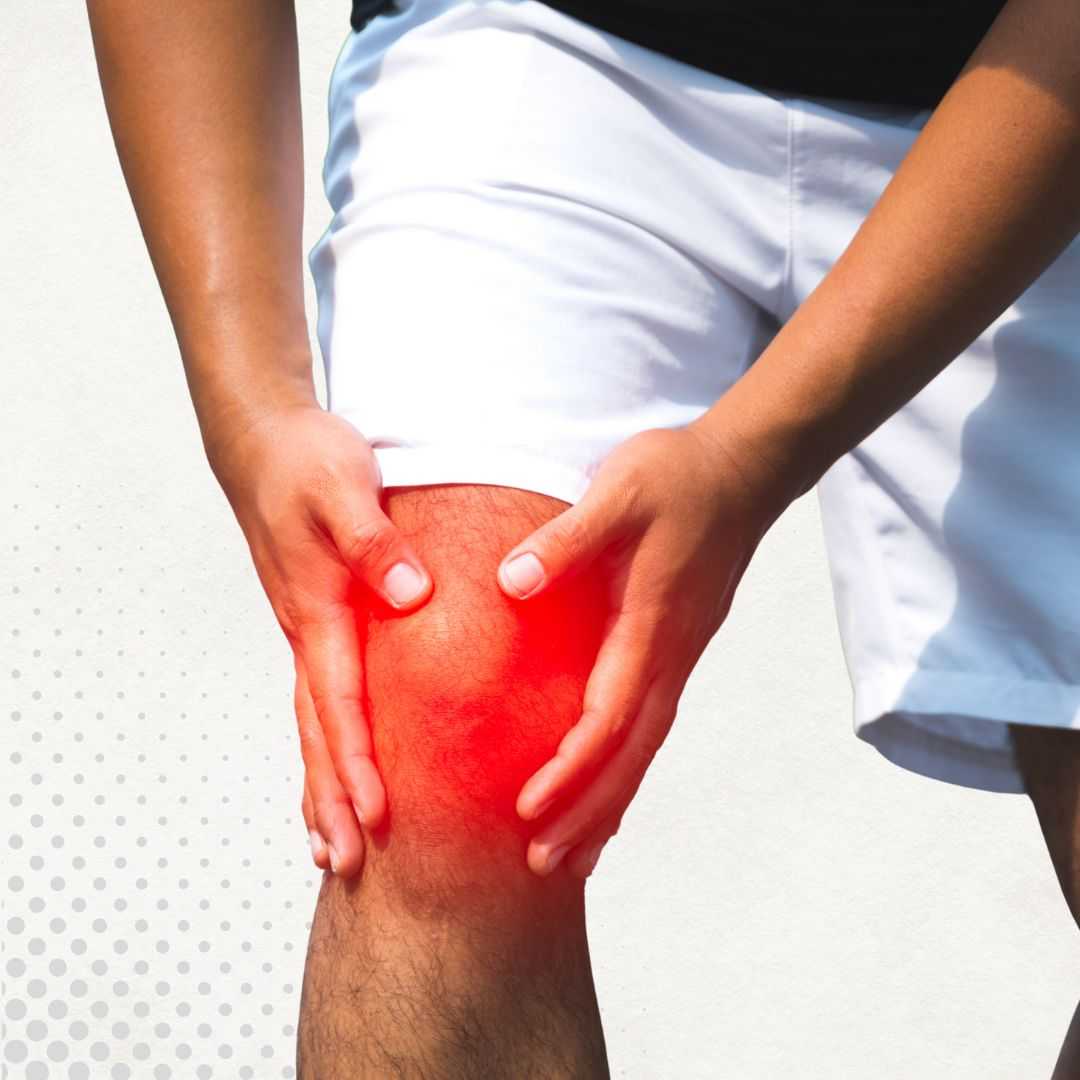

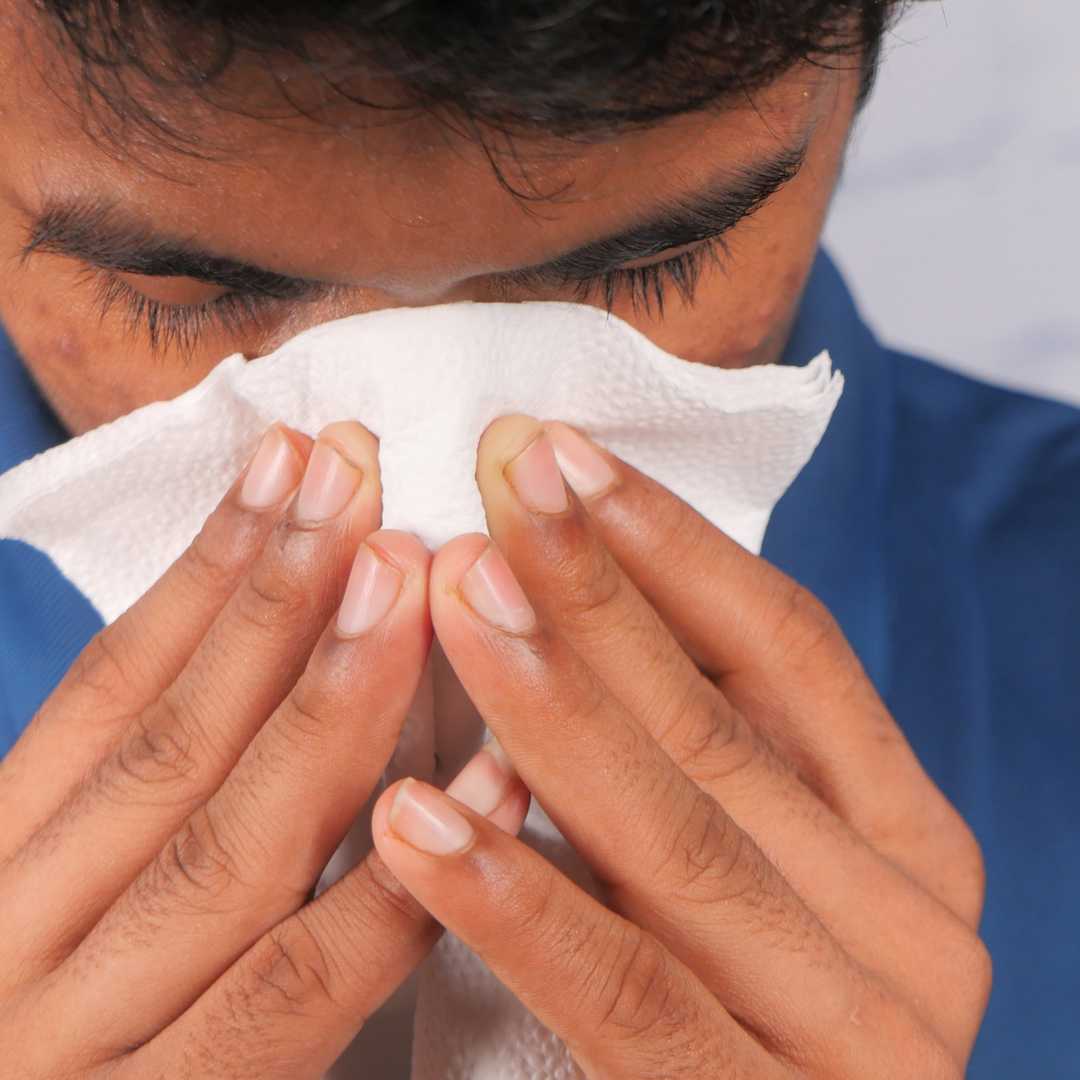

.png)
.png)
.png)
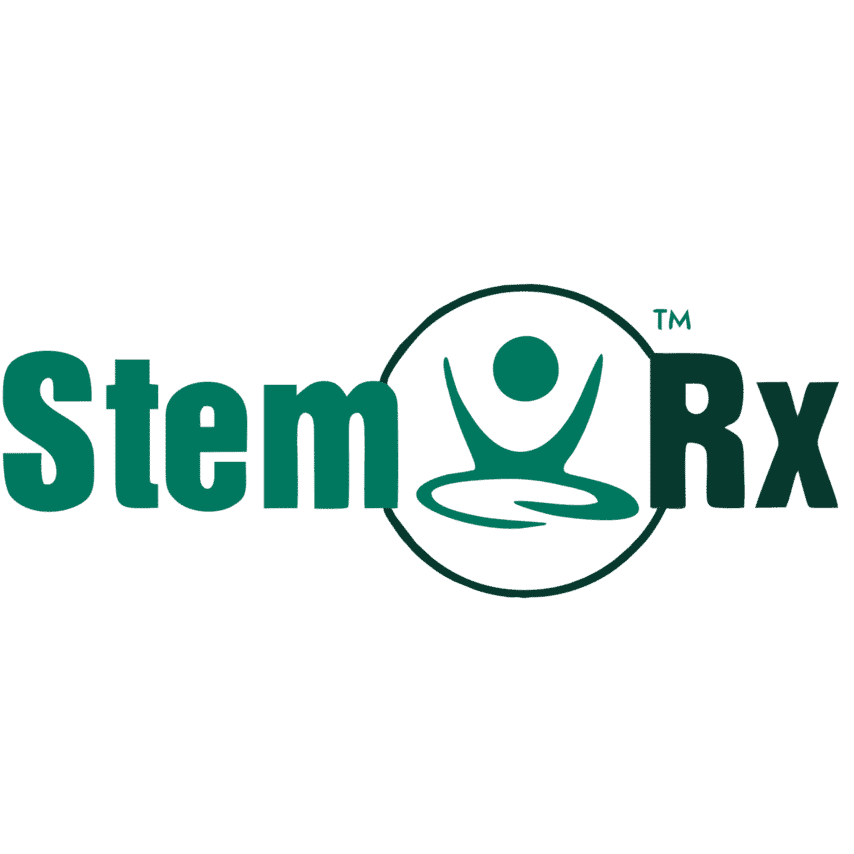
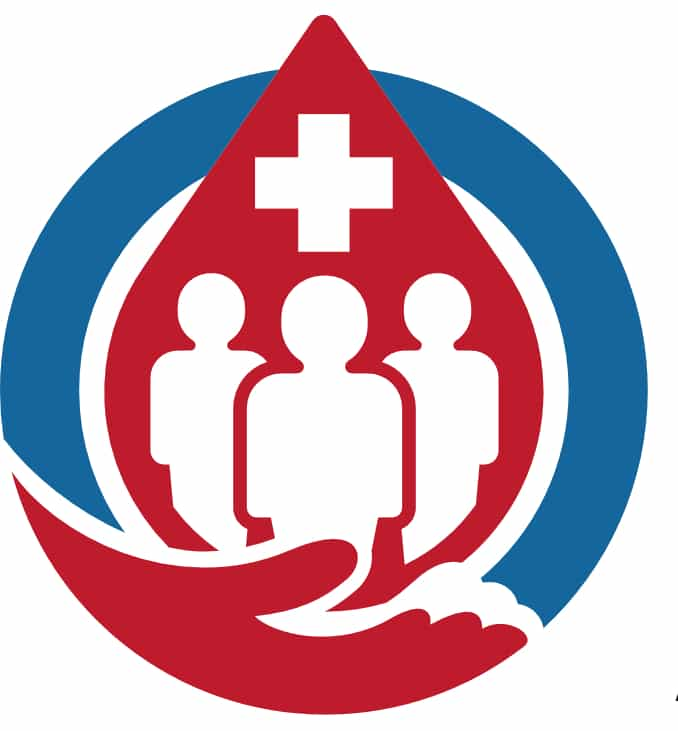
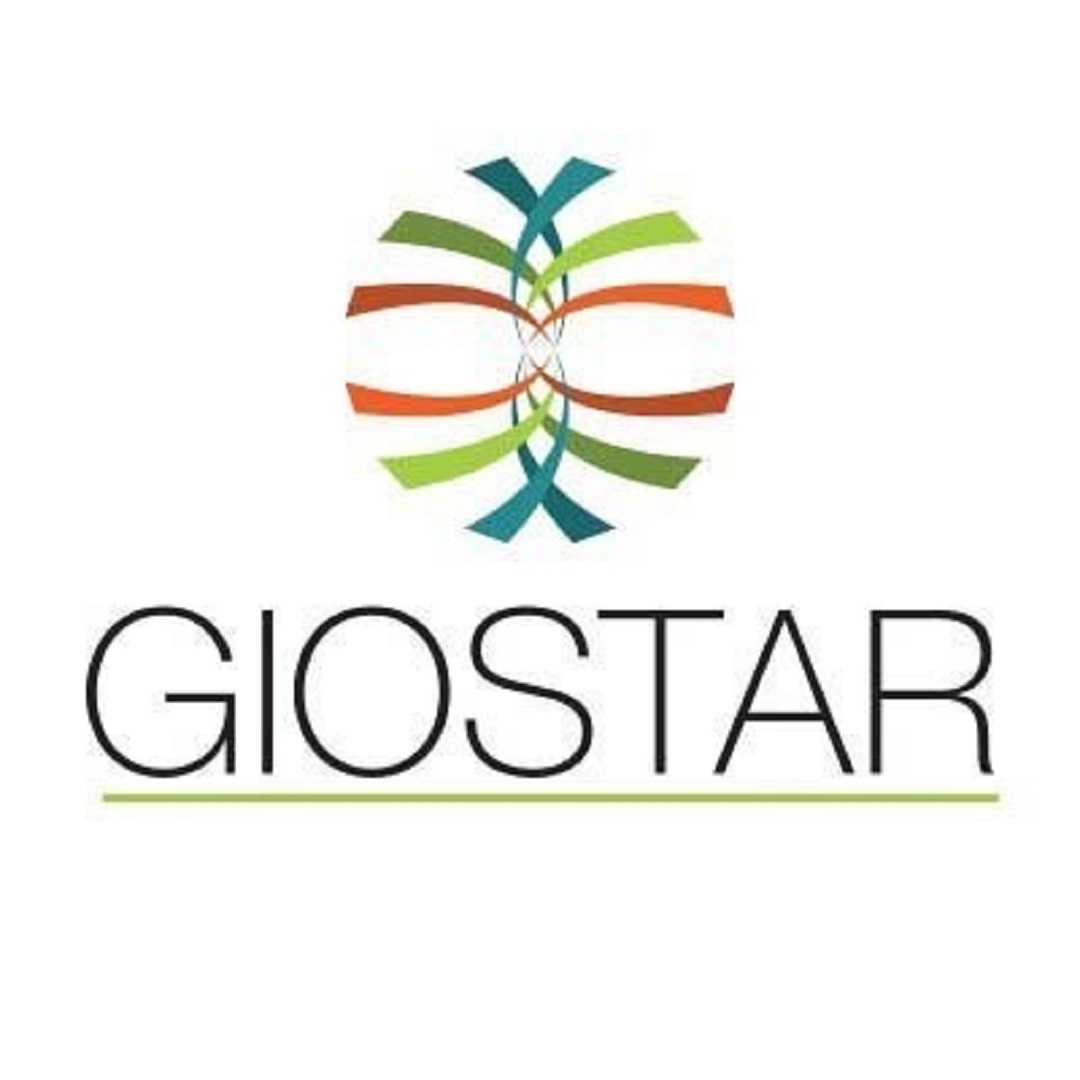
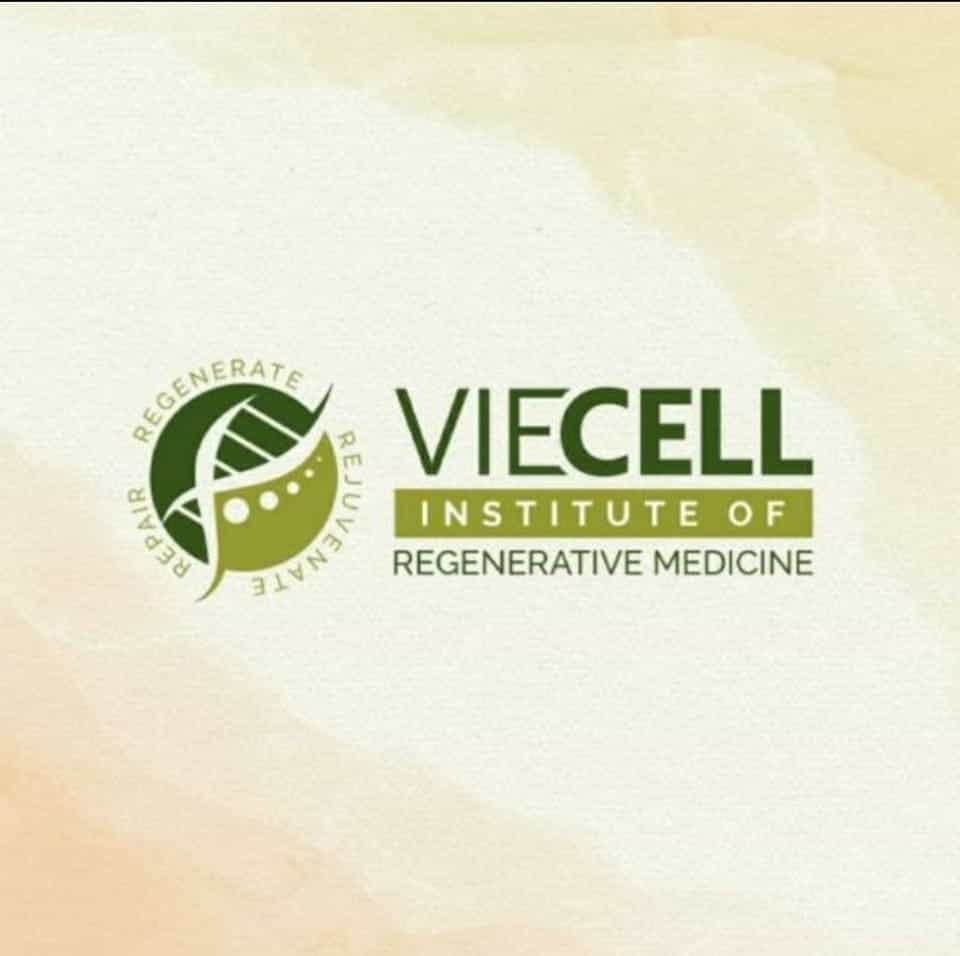


Share this listing